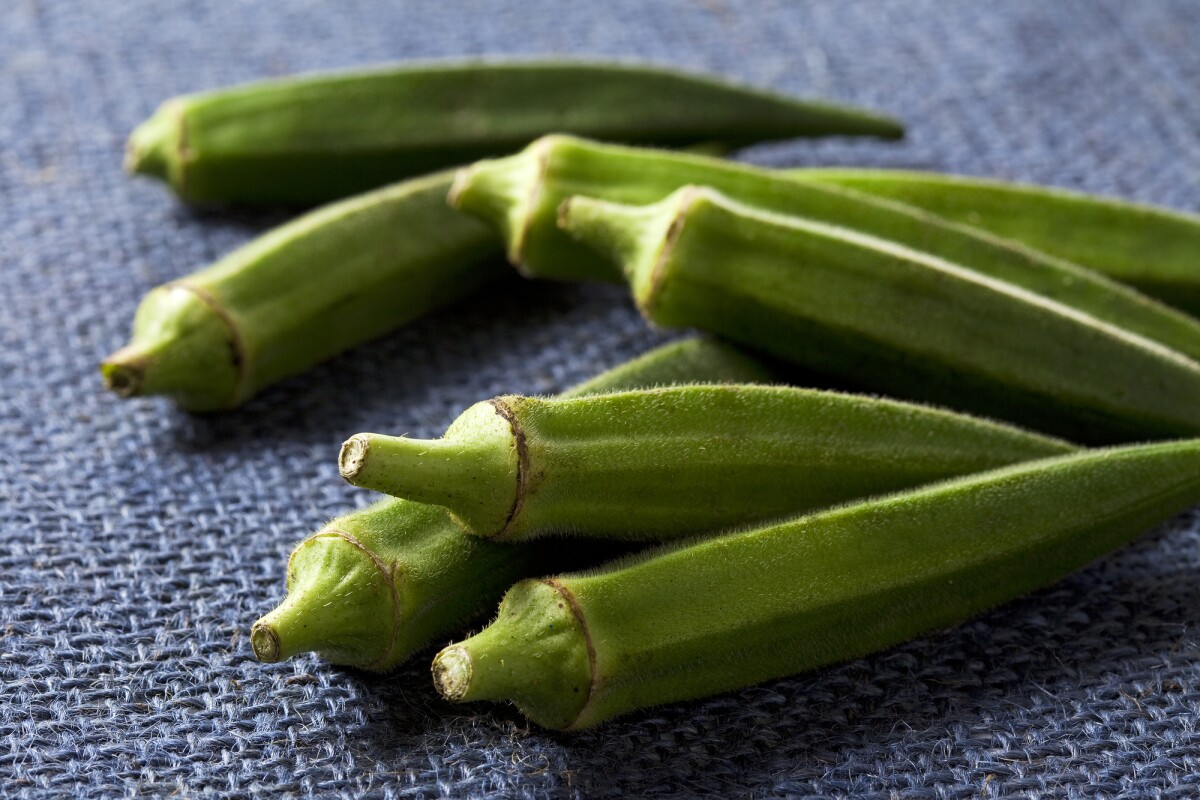If you've ever eaten okra, then you'll know that the stuff can be pretty … gooey. According to new research, that quality could allow a compound from the plant to be used in a less toxic method of removing microplastics from drinking water.
It's an unfortunate fact that tiny fragments of plastic pollution are now spread throughout the world's waterways. The health effects of ingesting those fragments themselves are still not fully known, although one danger lies in the fact that the particles could absorb pollutants from the environment, then pass those pollutants on to us.
In order to remove plastic microparticles from municipal water supplies, water treatment plants typically add chemicals known as flocculants to the water. These form into clumps which the particles stick to – when the clumps are subsequently removed from the water, they take the particles with them.
Unfortunately, flocculants such as polyacrylamide can themselves become toxic under certain conditions. Seeking a safer alternative, Dr. Rajani Srinivasan and colleagues at Texas' Tarleton State University looked to compounds extracted from several food-grade plants.
After some experimentation, it was found that polysaccharides from okra paired with those from fenugreek worked best at removing microplastics from seawater, while those same okra polysaccharides paired with those from tamarind were best for use on freshwater.
All in all, depending on factors such as the ratio of the polysaccharides and the water source, the plant-based flocculants performed either as well as or better than polyacrylamide. And importantly, they could be used in existing water treatment plants, without any alterations to the facilities or processes.
The scientists are now investigating how well other combinations of plant-derived polysaccharides will work on specific types of plastic microparticles, in water from a variety of sources.
Source: American Chemical Society via EurekAlert




